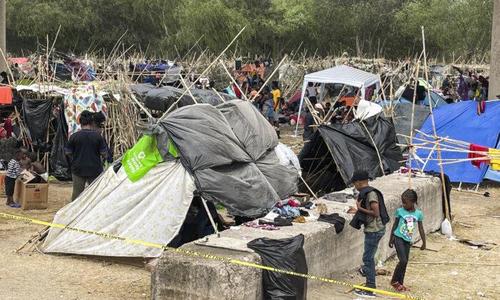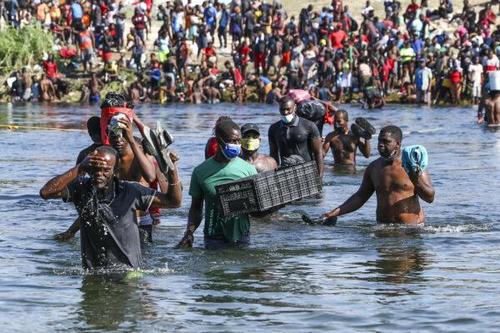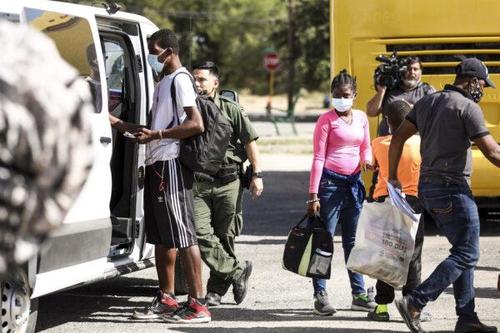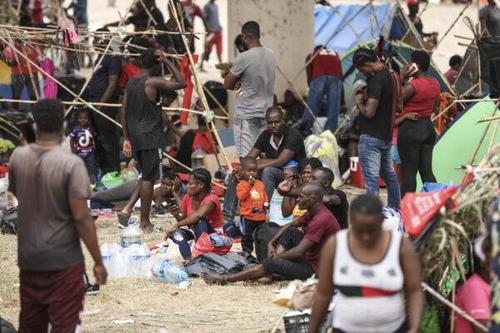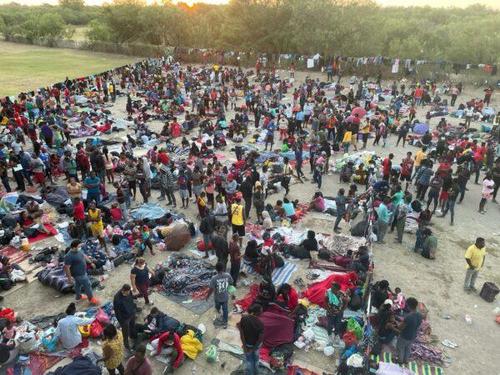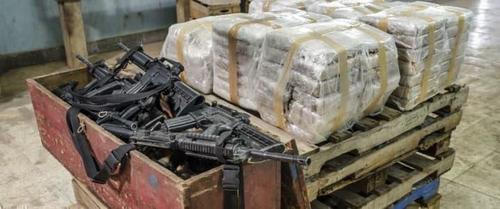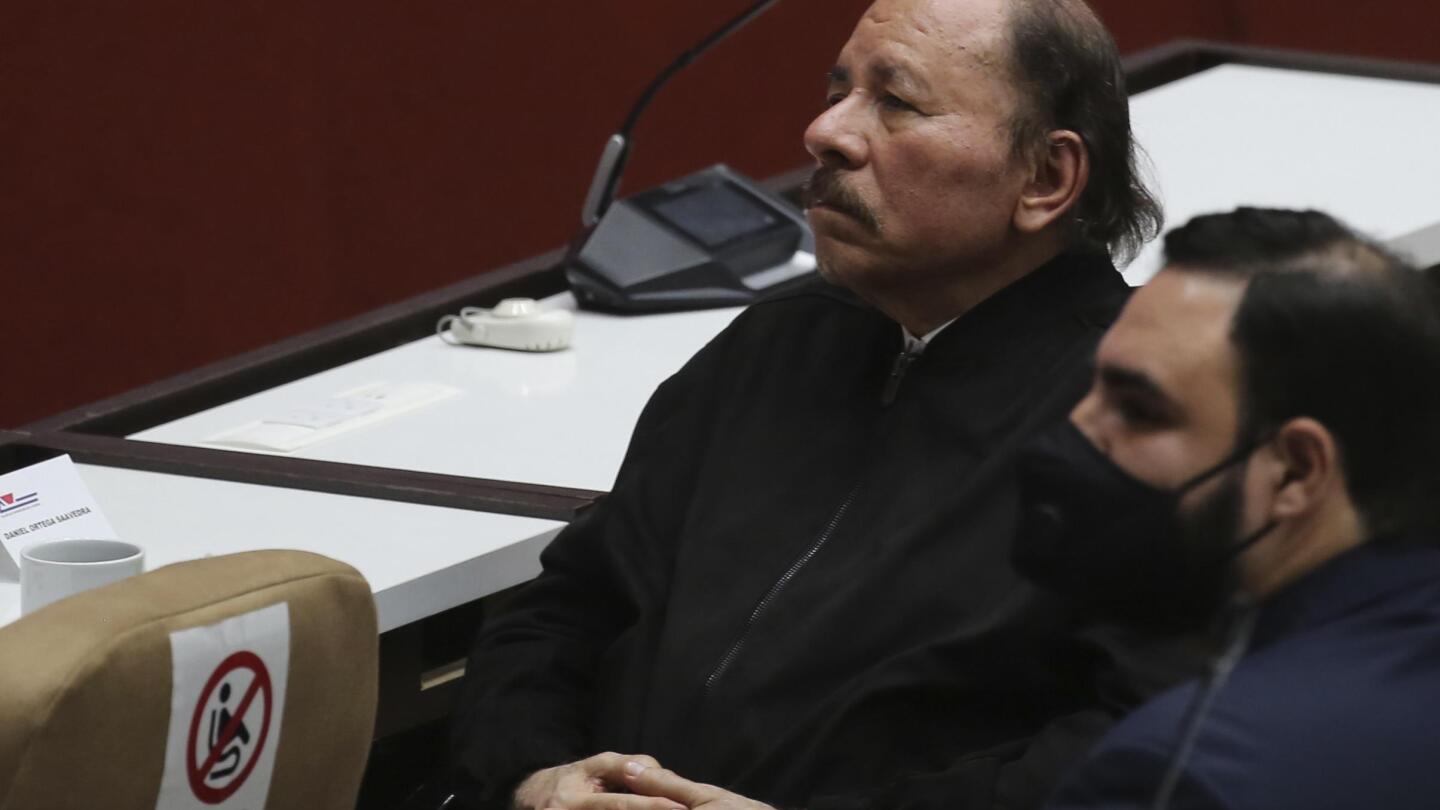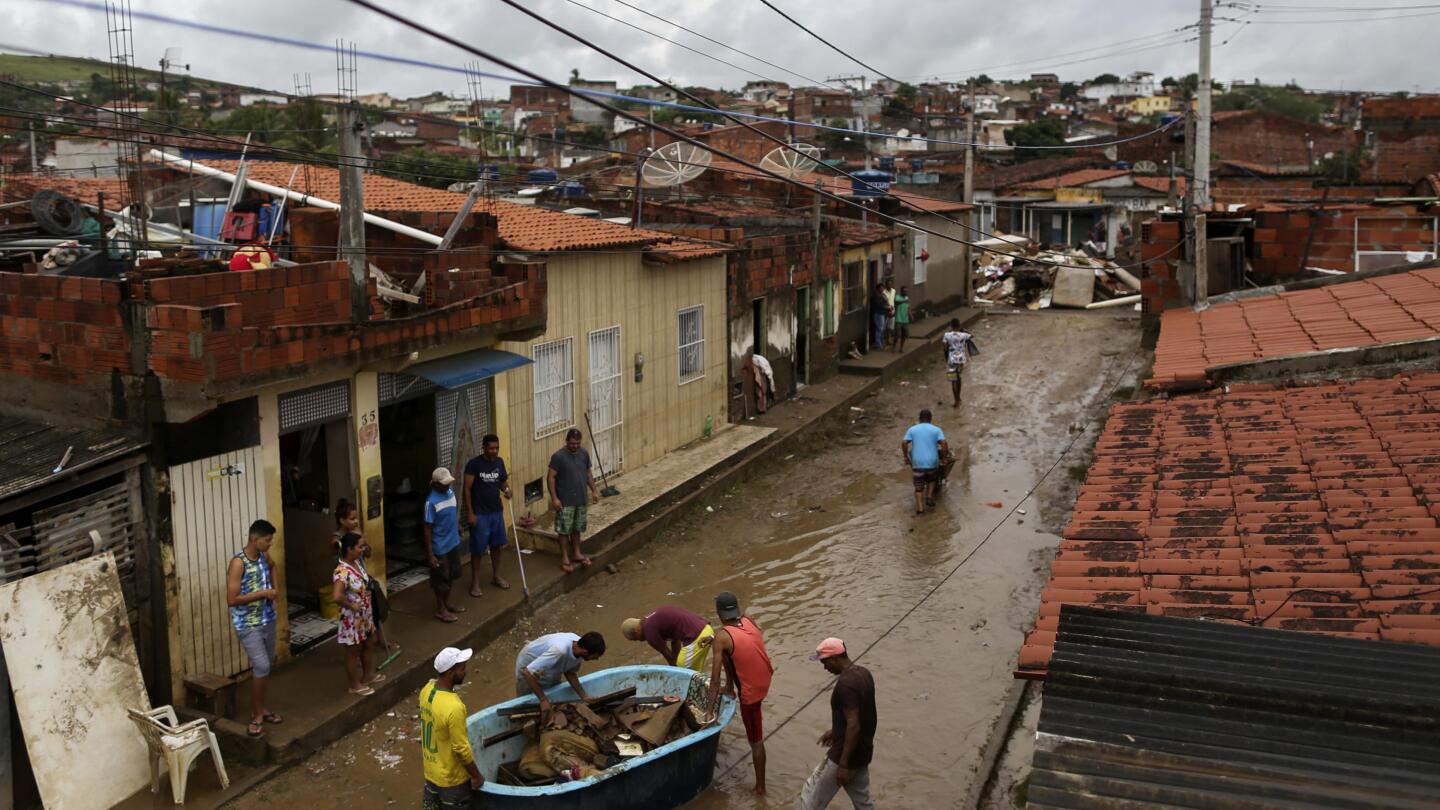Plain Jane
Just Plain Jane
November's thread:
 www.timebomb2000.com
www.timebomb2000.com
Main Coronavirus thread beginning page1455:
 www.timebomb2000.com
www.timebomb2000.com
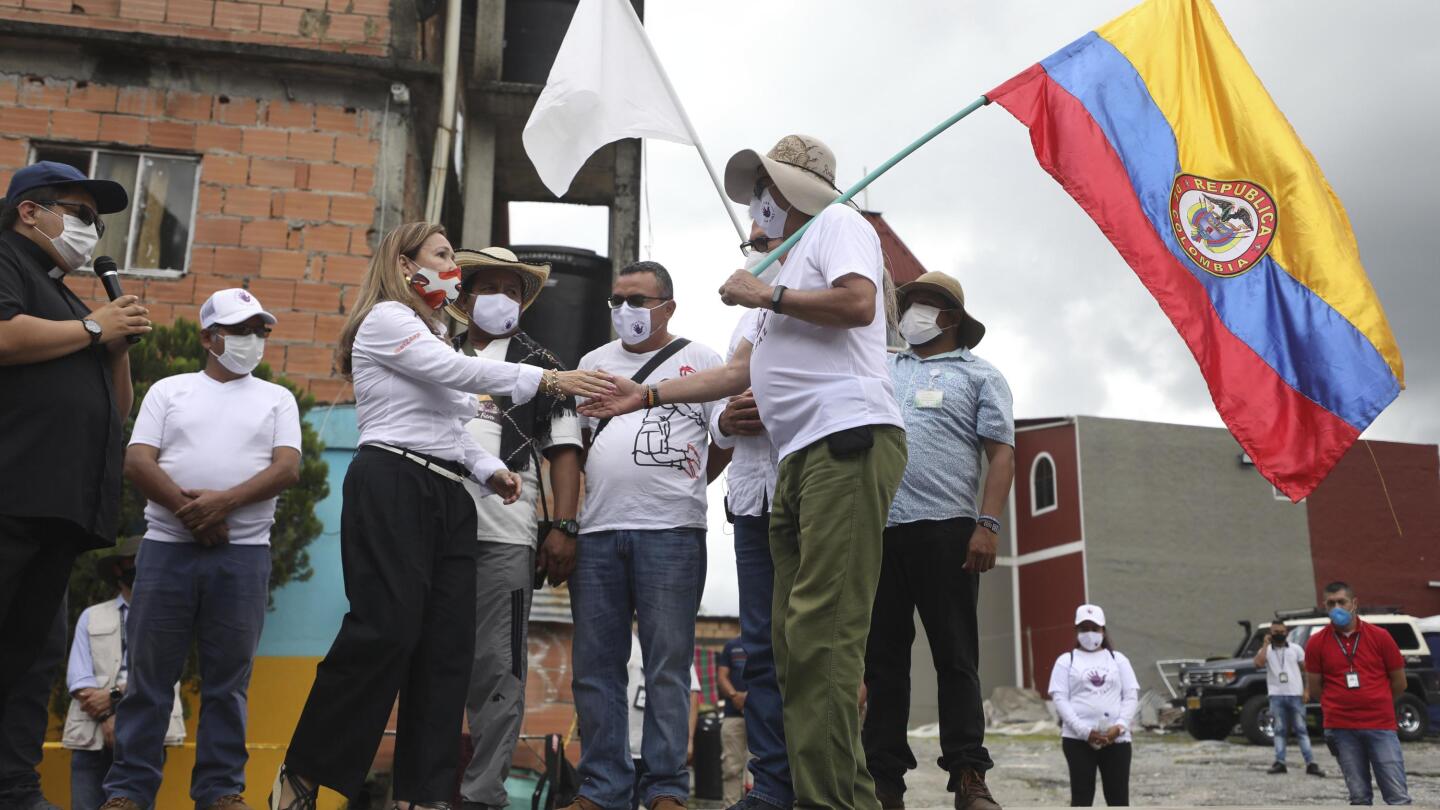
 apnews.com
apnews.com
EXPLAINER: What are Colombia’s ex-FARC splinter groups?
By ASTRIN SUÁREZ and MANUEL RUEDAyesterday

FILE - Rodrigo Granda, right, a former rebel commander and member of the FARC political party, shakes hands with Rocio Lopez, sister of two kidnap victims, who were eventually released, during a ceremony where former FARC members apologized to locals for the kidnappings they carried out over decades in the rural area of Pipiral near Villavicencio, Colombia, Oct. 29, 2020. The U.S. State Department on Tuesday, Nov. 30, 2021, revoked its designation of the FARC as a “foreign terrorist organization”, allowing U.S. officials to work with members of the rebel group as they continue to shift into political life. (AP Photo/Fernando Vergara, File)
BOGOTA, Colombia (AP) — The Biden administration revoked the terrorist designation of Colombia’s former FARC guerrilla army on Tuesday, five years after the rebel group signed a peace deal with the government. However, it imposed the same designation on two splinter groups that are still fighting in remote pockets of the South American country.
The FARC holdouts newly designated by the United States as foreign terrorist organizations are the Revolutionary Armed Forces of Colombia-People’s Army – known by the Spanish acronym of FARC-EP --- and Segunda Marquetalia.
Here are more details on these newly designated terrorist groups:
HOW DID THE SPLINTER GROUPS ARISE?
After five decades of internal conflict that killed an estimated 26,000 people and forced more than 6 million to flee their homes, the Revolutionary Armed Forces of Colombia signed a peace deal in which 13,000 fighters gave up their weapons in exchange for numerous concessions from the government, including development programs for rural areas and the opportunity for former guerrilla leaders to participate in local politics and avoid time in prison.
But a group of about 1,000 fighters led by commander Néstor Gregorio Vera refused to lay down their weapons and continued to conduct attacks and kidnappings in southeastern Colombia. These fighters now use the acronym FARC-EP.
In 2019, three years after the peace deal was signed, former FARC commander Iván Márquez announced he would be taking up arms again in a video shot at an undisclosed location, creating the Segunda Marquetalia group.
Márquez, whose real name is Luciano Marin, was the FARC’s lead negotiator during peace talks with the government. He accused the Colombian government of not keeping its promises and of failing to stop the murders of dozens of former FARC fighters. When Márquez announced his return to arms, the former FARC commander and some of his close associates were under investigation for drug trafficking in Colombia and the United States.
HOW LARGE ARE THESE HOLDOUTS AND HOW DO THEY OPERATE?
The FARC splinter groups are fragmented and lack a central command structure. Security analysts in Colombia also say they are not ideologically oriented and are mainly focused on controlling drug trafficking routes, illegal mines and other illicit economies.
A report published in September by the Institute for Peace and Development Studies, a Colombian research group, estimates the splinter groups have around 5,000 members, most are new recruits, though there are also hundreds of former FARC fighters in their ranks.
The Colombian government says the FARC-EP and Segunda Marquetalia have assassinated human rights leaders, as well as dozens of former fighters who gave up their weapons during the 2016 peace deal. Colombian officials also say these splinter groups were behind a recent attempt to assassinate President Iván Duque in northeastern Colombia.
WHAT DOES BEING DESIGNATED A TERRORIST ORGANIZATION ENTAIL?
Members of Segunda Marquetalia and FARC-EP cannot hold accounts in U.S. banks or receive any kind of support from the U.S government or its contractors, and any private organization that does business with them also risks being sanctioned. Being designated as terrorist groups could also make these organizations a priority for the U.S. military.
WHAT HAPPENS WITH THE ORIGINAL FARC GROUP?
The group formerly known as the FARC are now a political party in Colombia called the Common People’s Party, which has 10 seats in the nation’s congress. After being removed from the U.S terrorist list the group’s members will be able to participate in U.S. funded activities such as programs to remove landmines in Colombia’s countryside or rural development programs that benefit farmers in Colombia.
The State Department said removing the FARC’s terrorist designation will facilitate peace building efforts in Colombia and work with former combatants, but it also pointed out that former FARC leaders can still face charges in the United States for drug trafficking and other crimes.
INTL - Latin America and the Islands: Politics, Economics, Military- November 2021
October's thread is here: https://www.timebomb2000.com/xf/index.php?threads/latin-america-and-the-islands-politics-economics-and-military-october-2021.608385/ Main Coronavirus thread beginning page 1340: https://www.timebomb2000.com/xf/index.php?threads/main-coronavirus-thread.566780/page-1430...
Main Coronavirus thread beginning page1455:
CORONA - Main Coronavirus thread
He said the infected person came to San Francisco from South Africa and is experiencing "mild symptoms." Fauci also said the person is experiencing "mild symptoms" and is self-quarantining. Would note that the person came to San Francisco on Nov 22, and started quarantine today.

EXPLAINER: What are Colombia's ex-FARC splinter groups?
The Biden administration has revoked the terrorist designation of Colombia’s former FARC guerrilla army, five years after the rebel group signed a peace deal with the government
EXPLAINER: What are Colombia’s ex-FARC splinter groups?
By ASTRIN SUÁREZ and MANUEL RUEDAyesterday

FILE - Rodrigo Granda, right, a former rebel commander and member of the FARC political party, shakes hands with Rocio Lopez, sister of two kidnap victims, who were eventually released, during a ceremony where former FARC members apologized to locals for the kidnappings they carried out over decades in the rural area of Pipiral near Villavicencio, Colombia, Oct. 29, 2020. The U.S. State Department on Tuesday, Nov. 30, 2021, revoked its designation of the FARC as a “foreign terrorist organization”, allowing U.S. officials to work with members of the rebel group as they continue to shift into political life. (AP Photo/Fernando Vergara, File)
BOGOTA, Colombia (AP) — The Biden administration revoked the terrorist designation of Colombia’s former FARC guerrilla army on Tuesday, five years after the rebel group signed a peace deal with the government. However, it imposed the same designation on two splinter groups that are still fighting in remote pockets of the South American country.
The FARC holdouts newly designated by the United States as foreign terrorist organizations are the Revolutionary Armed Forces of Colombia-People’s Army – known by the Spanish acronym of FARC-EP --- and Segunda Marquetalia.
Here are more details on these newly designated terrorist groups:
HOW DID THE SPLINTER GROUPS ARISE?
After five decades of internal conflict that killed an estimated 26,000 people and forced more than 6 million to flee their homes, the Revolutionary Armed Forces of Colombia signed a peace deal in which 13,000 fighters gave up their weapons in exchange for numerous concessions from the government, including development programs for rural areas and the opportunity for former guerrilla leaders to participate in local politics and avoid time in prison.
But a group of about 1,000 fighters led by commander Néstor Gregorio Vera refused to lay down their weapons and continued to conduct attacks and kidnappings in southeastern Colombia. These fighters now use the acronym FARC-EP.
In 2019, three years after the peace deal was signed, former FARC commander Iván Márquez announced he would be taking up arms again in a video shot at an undisclosed location, creating the Segunda Marquetalia group.
Márquez, whose real name is Luciano Marin, was the FARC’s lead negotiator during peace talks with the government. He accused the Colombian government of not keeping its promises and of failing to stop the murders of dozens of former FARC fighters. When Márquez announced his return to arms, the former FARC commander and some of his close associates were under investigation for drug trafficking in Colombia and the United States.
HOW LARGE ARE THESE HOLDOUTS AND HOW DO THEY OPERATE?
The FARC splinter groups are fragmented and lack a central command structure. Security analysts in Colombia also say they are not ideologically oriented and are mainly focused on controlling drug trafficking routes, illegal mines and other illicit economies.
A report published in September by the Institute for Peace and Development Studies, a Colombian research group, estimates the splinter groups have around 5,000 members, most are new recruits, though there are also hundreds of former FARC fighters in their ranks.
The Colombian government says the FARC-EP and Segunda Marquetalia have assassinated human rights leaders, as well as dozens of former fighters who gave up their weapons during the 2016 peace deal. Colombian officials also say these splinter groups were behind a recent attempt to assassinate President Iván Duque in northeastern Colombia.
WHAT DOES BEING DESIGNATED A TERRORIST ORGANIZATION ENTAIL?
Members of Segunda Marquetalia and FARC-EP cannot hold accounts in U.S. banks or receive any kind of support from the U.S government or its contractors, and any private organization that does business with them also risks being sanctioned. Being designated as terrorist groups could also make these organizations a priority for the U.S. military.
WHAT HAPPENS WITH THE ORIGINAL FARC GROUP?
The group formerly known as the FARC are now a political party in Colombia called the Common People’s Party, which has 10 seats in the nation’s congress. After being removed from the U.S terrorist list the group’s members will be able to participate in U.S. funded activities such as programs to remove landmines in Colombia’s countryside or rural development programs that benefit farmers in Colombia.
The State Department said removing the FARC’s terrorist designation will facilitate peace building efforts in Colombia and work with former combatants, but it also pointed out that former FARC leaders can still face charges in the United States for drug trafficking and other crimes.
Last edited:

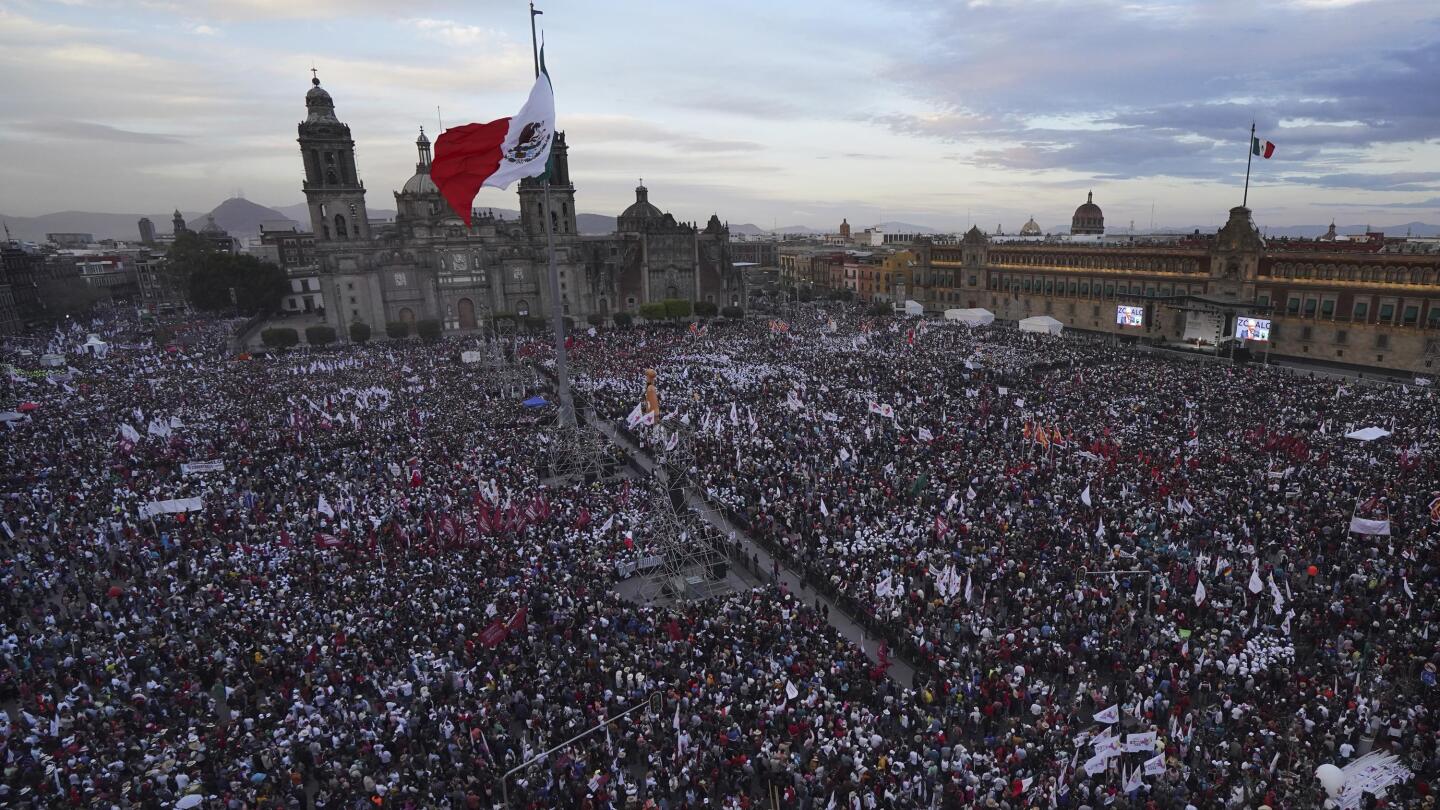

/cloudfront-us-east-2.images.arcpublishing.com/reuters/X4PYBUIOKZLNBBPFLVBMWCQIE4.jpg)



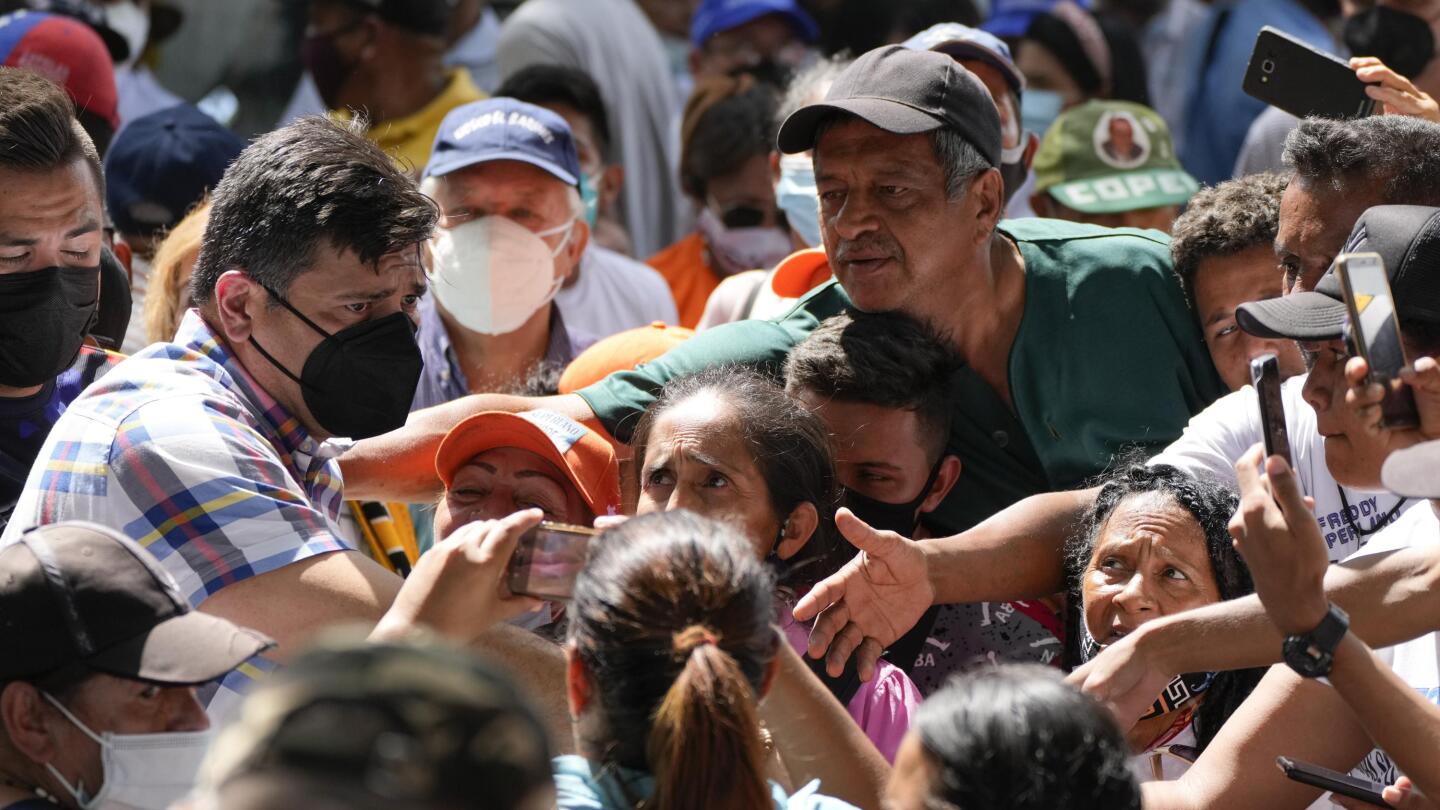

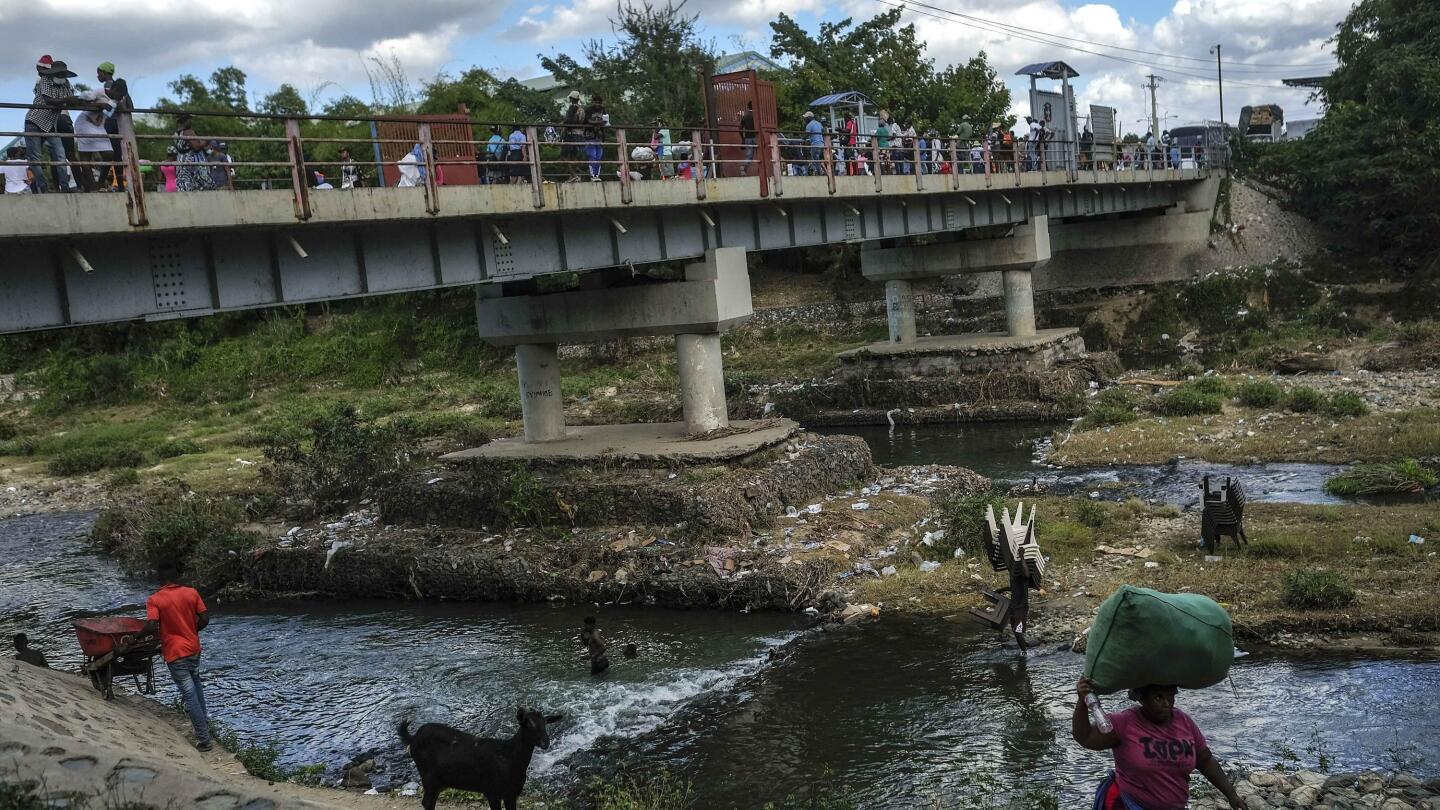

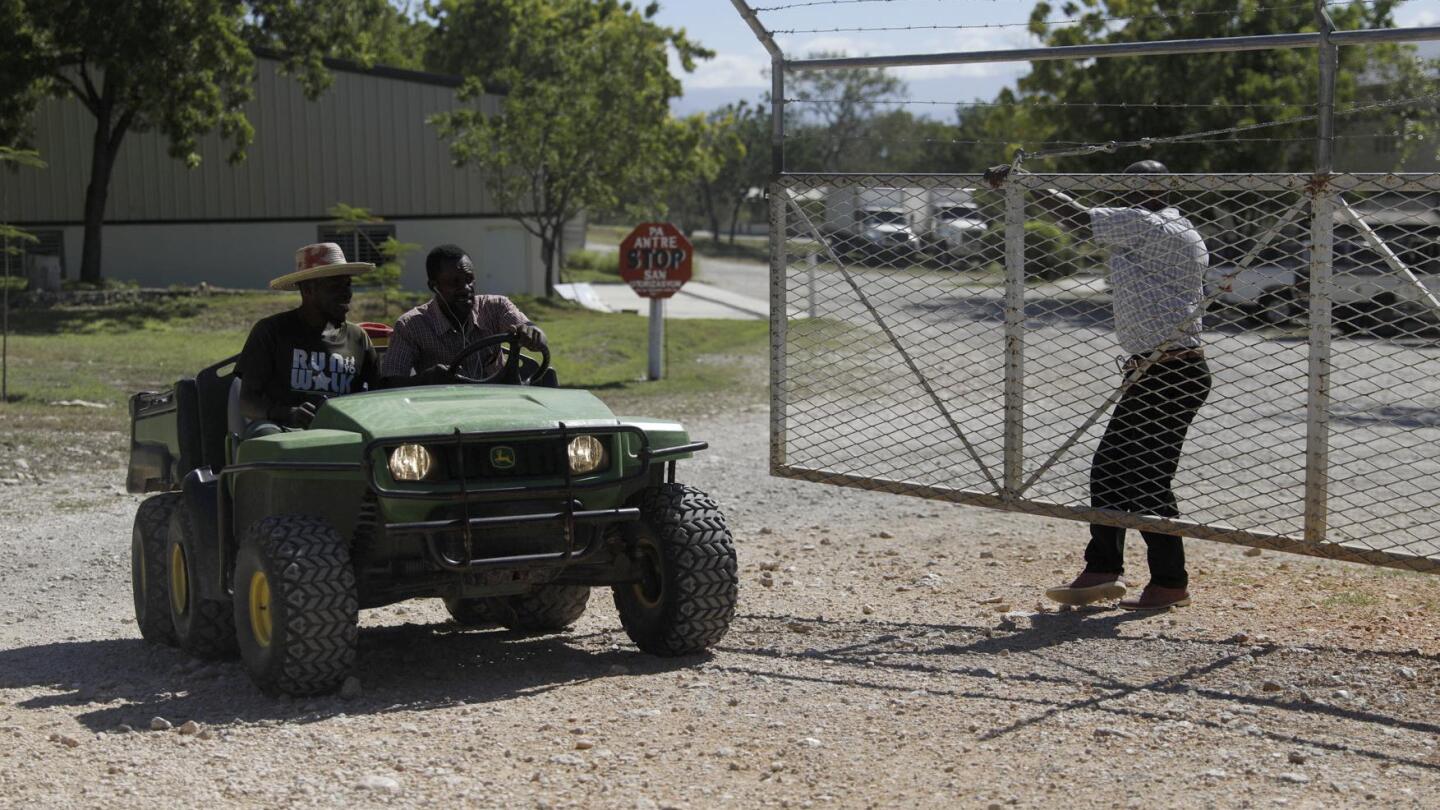



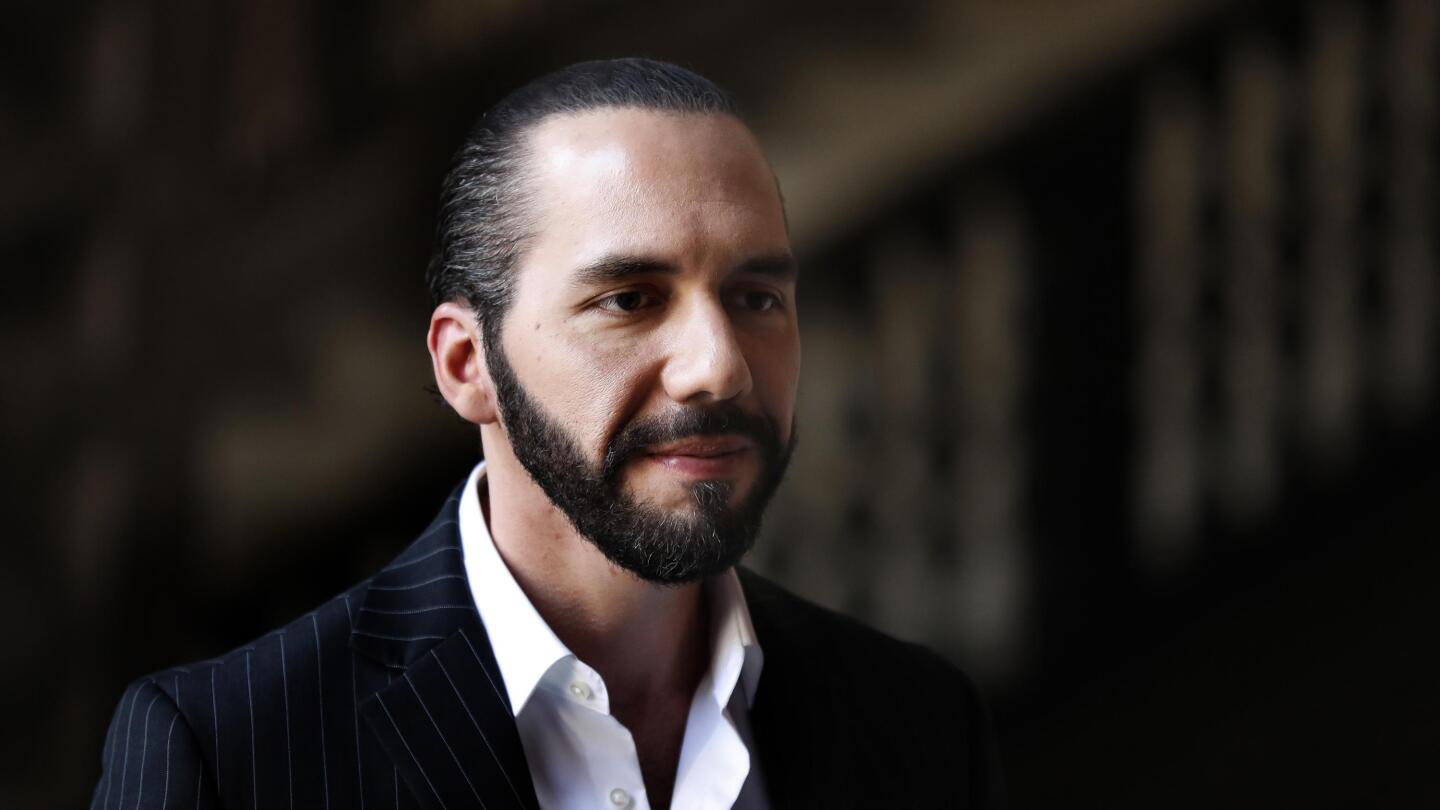


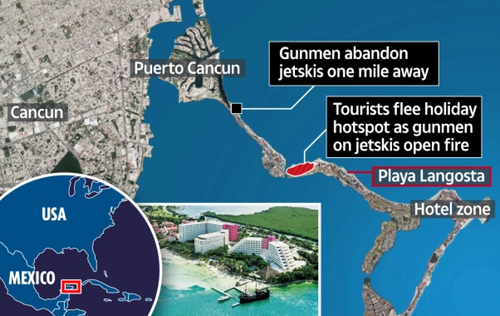



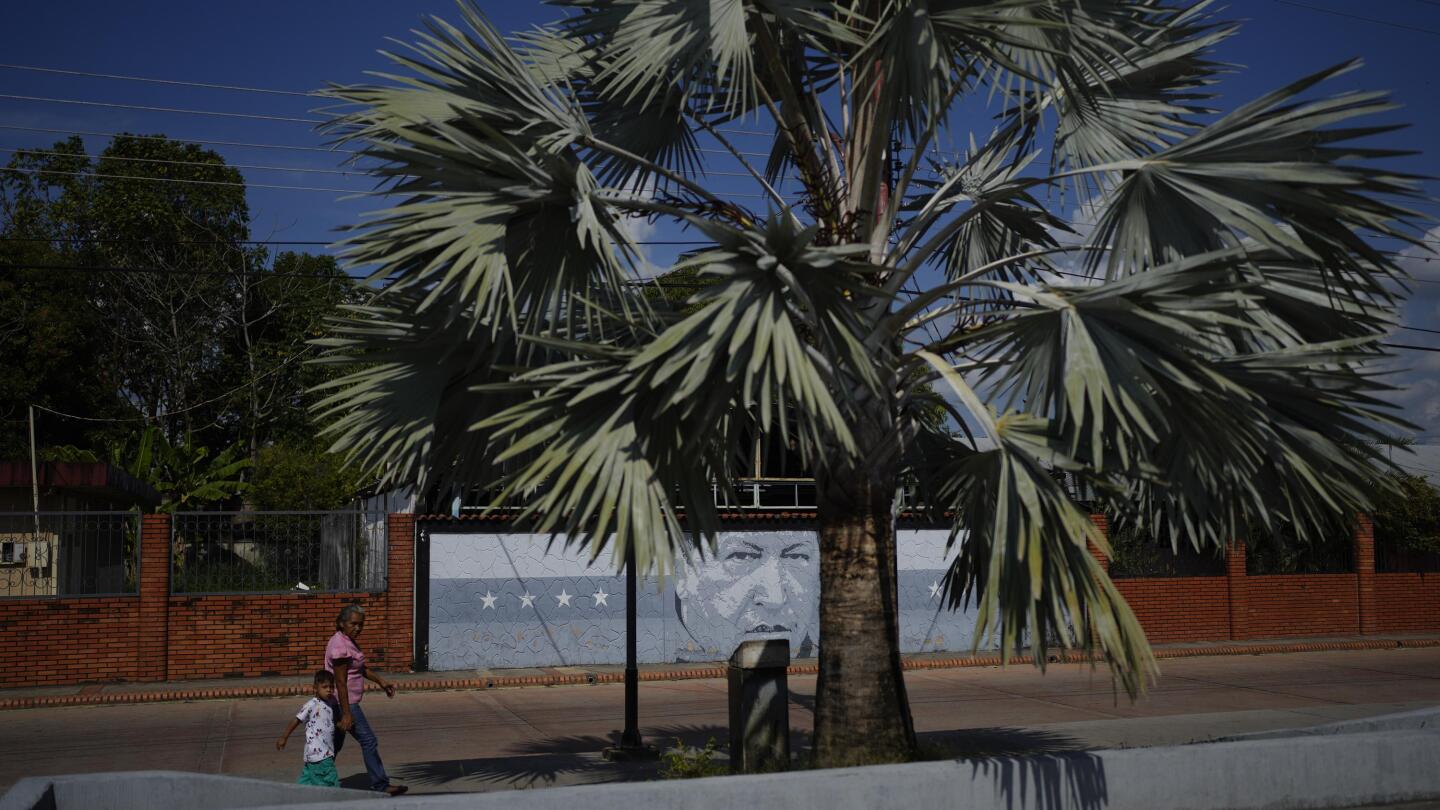






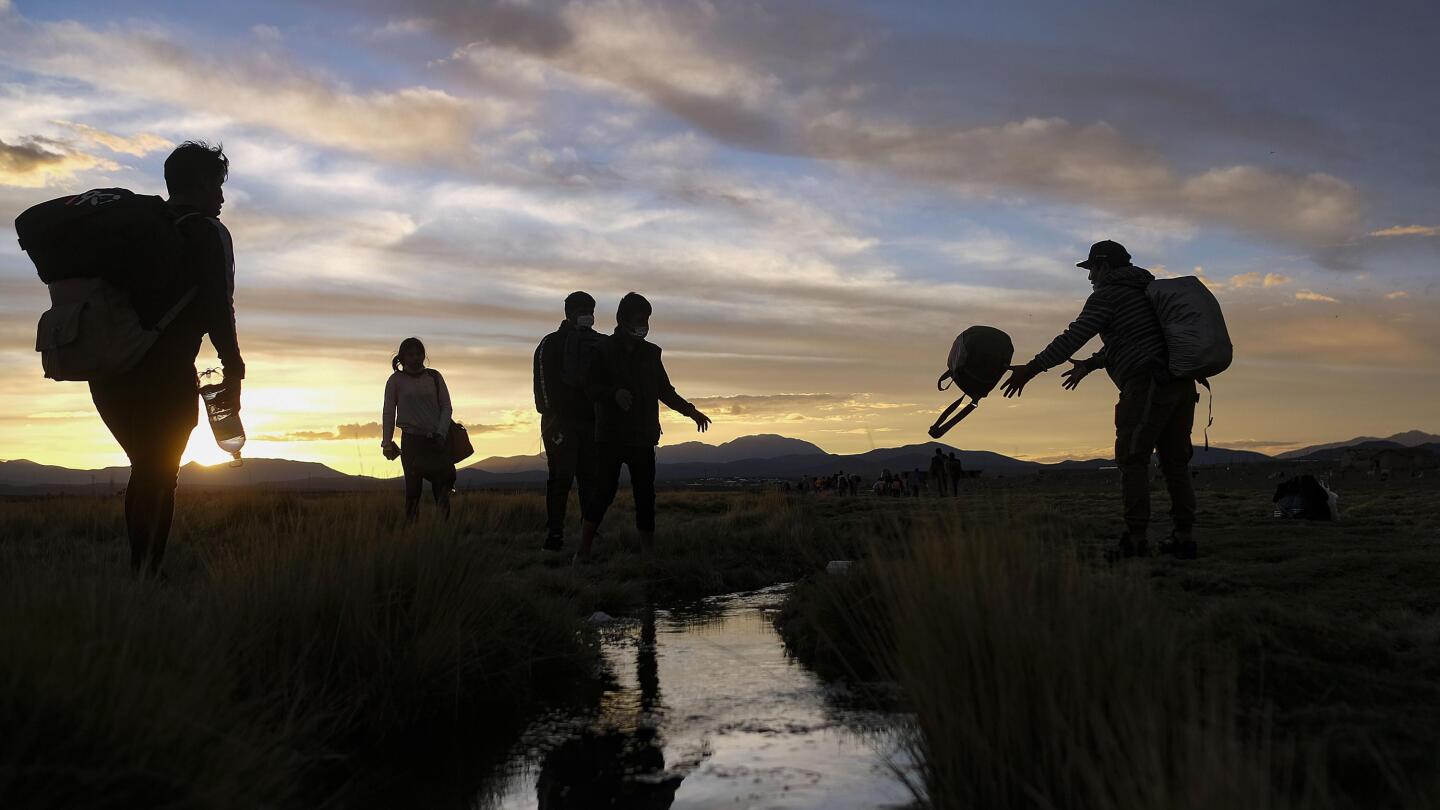

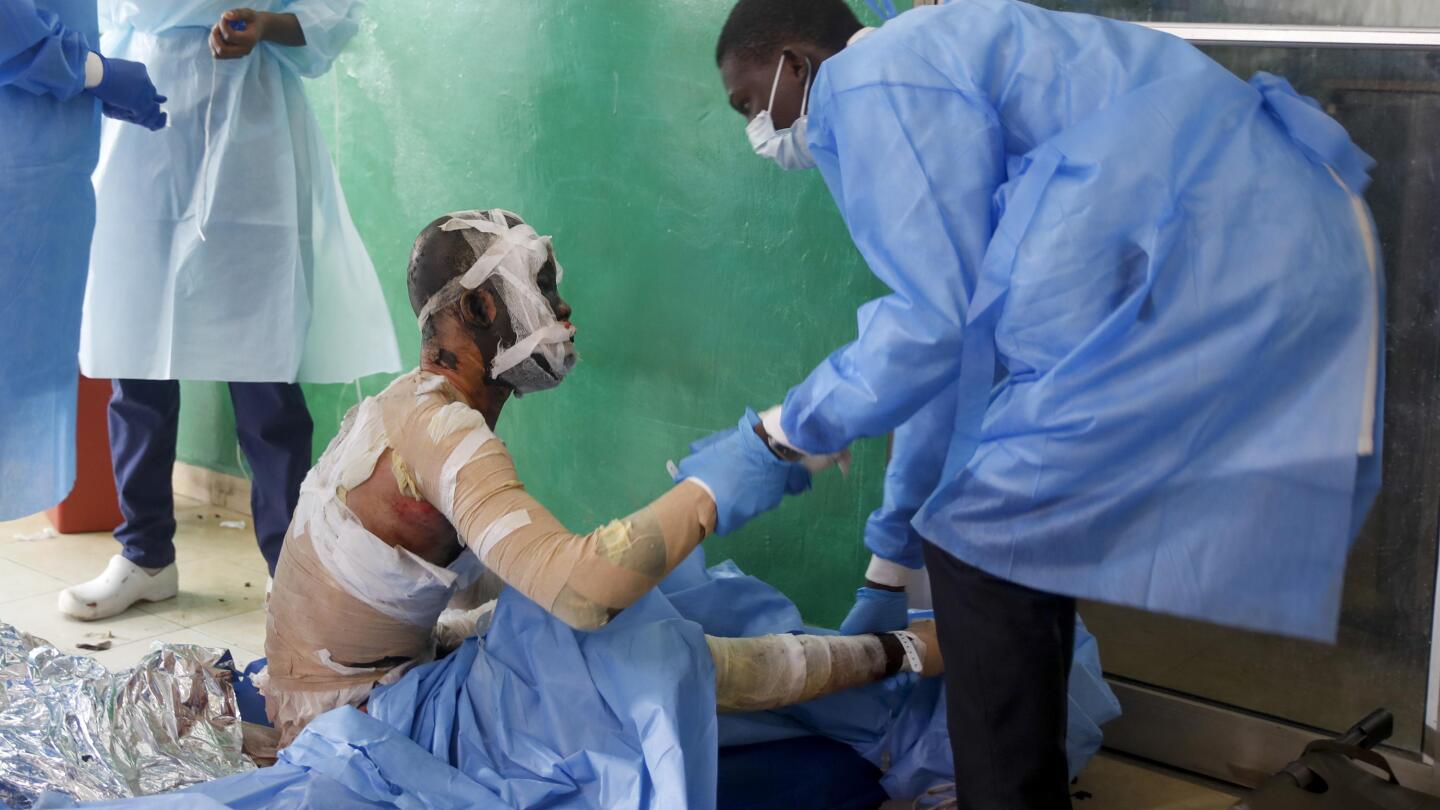



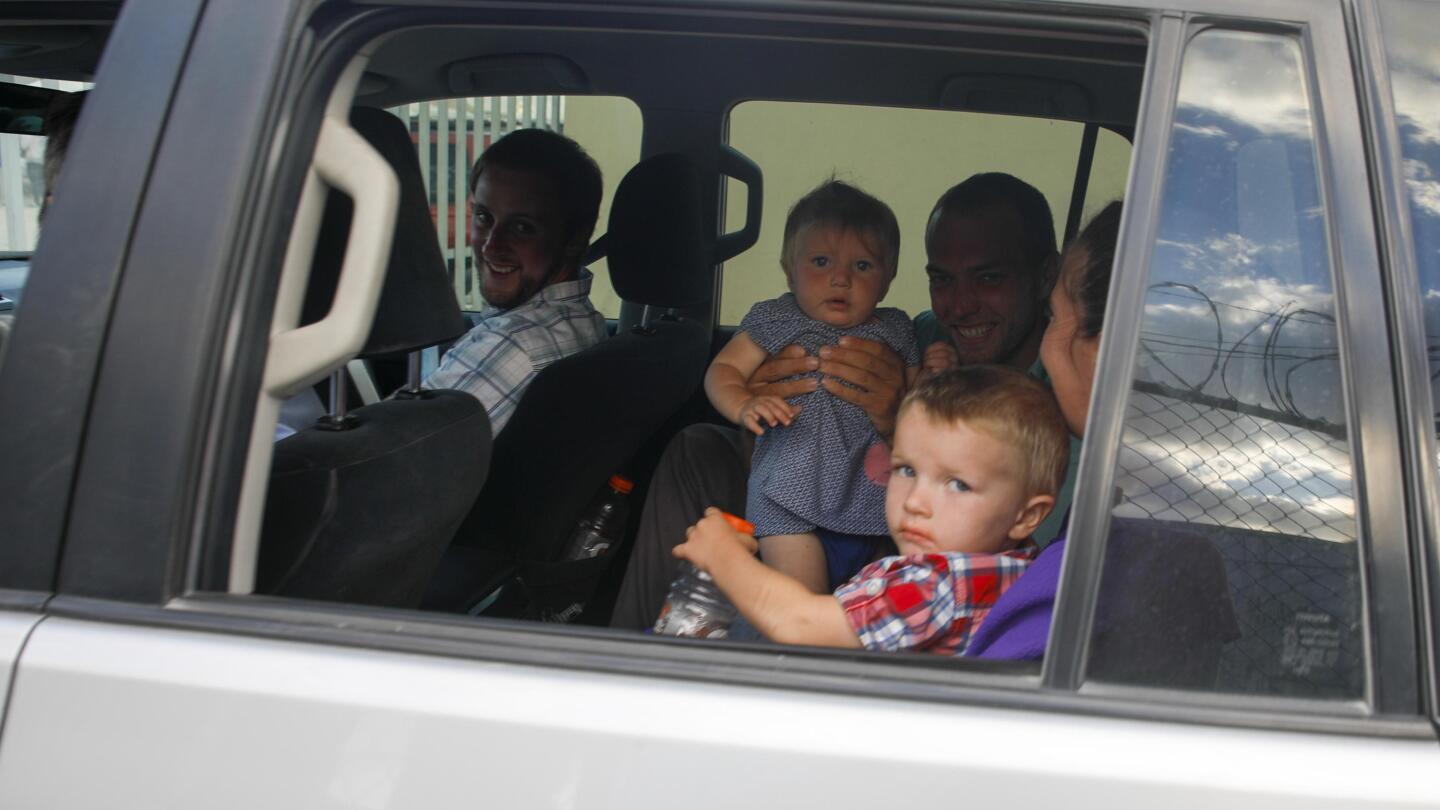

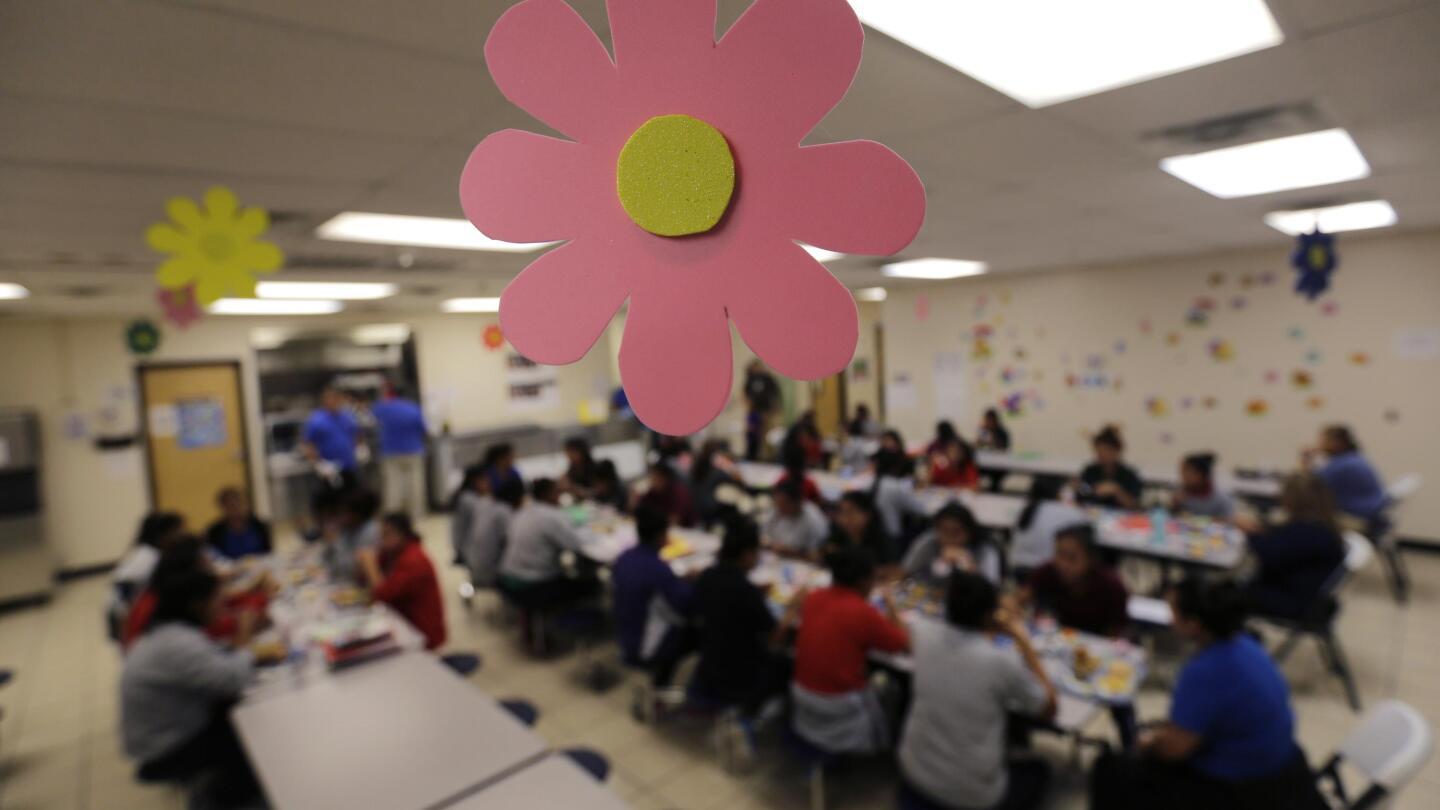







 Gabriel Boric during an election night rally in Santiago, on Dec. 19
Gabriel Boric during an election night rally in Santiago, on Dec. 19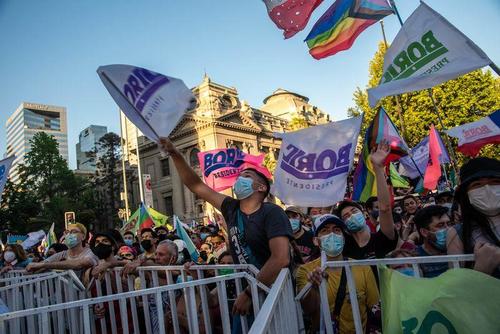 Supporters of Gabriel Boric celebrate following results from the runoff presidential election in Santiago, on Dec. 19.
Supporters of Gabriel Boric celebrate following results from the runoff presidential election in Santiago, on Dec. 19.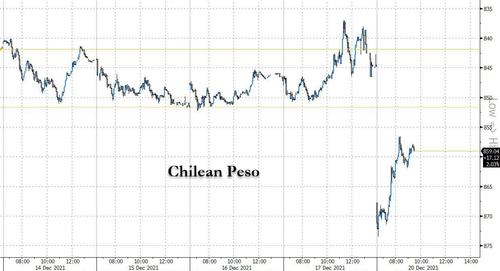
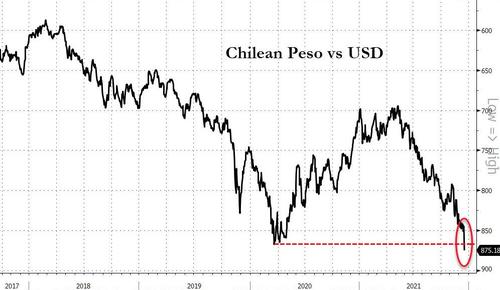

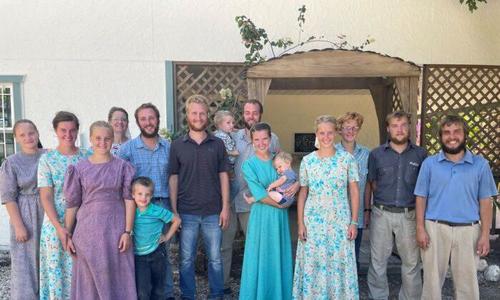 Christian Aid Ministries hostages after they escaped captivity and before they left Haiti. (Courtesy Christian Aid Ministries)
Christian Aid Ministries hostages after they escaped captivity and before they left Haiti. (Courtesy Christian Aid Ministries)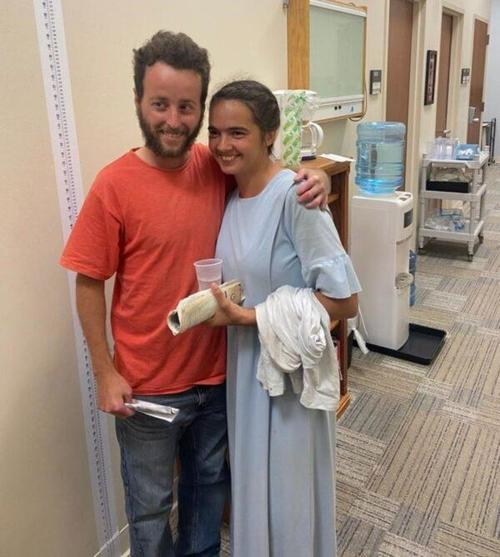 First of 17 American missionary hostages to be freed in
First of 17 American missionary hostages to be freed in  Baby Laura, 10-months old. Freed from kidnappers in Haiti. (Courtesy Christian Aid Ministries)
Baby Laura, 10-months old. Freed from kidnappers in Haiti. (Courtesy Christian Aid Ministries)



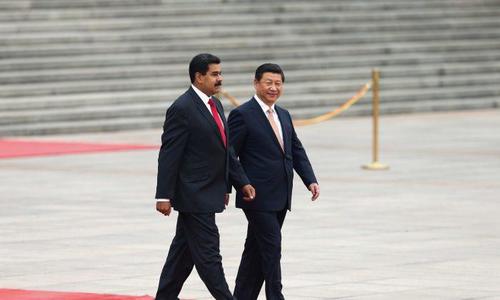 Chinese leader Xi Jinping (R) accompanies Venezuela's President Nicolas Maduro to view an honor guard during a welcoming ceremony outside the Great Hall of People in Beijing on Sept. 22, 2013. (Lintao Zhang/Getty Images)
Chinese leader Xi Jinping (R) accompanies Venezuela's President Nicolas Maduro to view an honor guard during a welcoming ceremony outside the Great Hall of People in Beijing on Sept. 22, 2013. (Lintao Zhang/Getty Images)